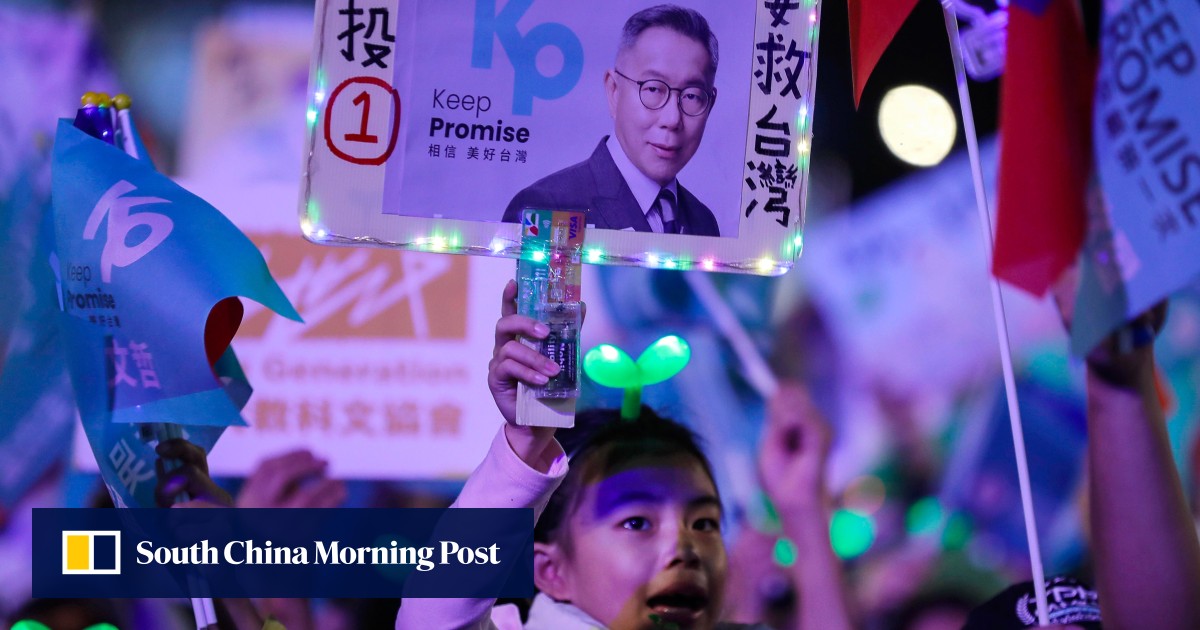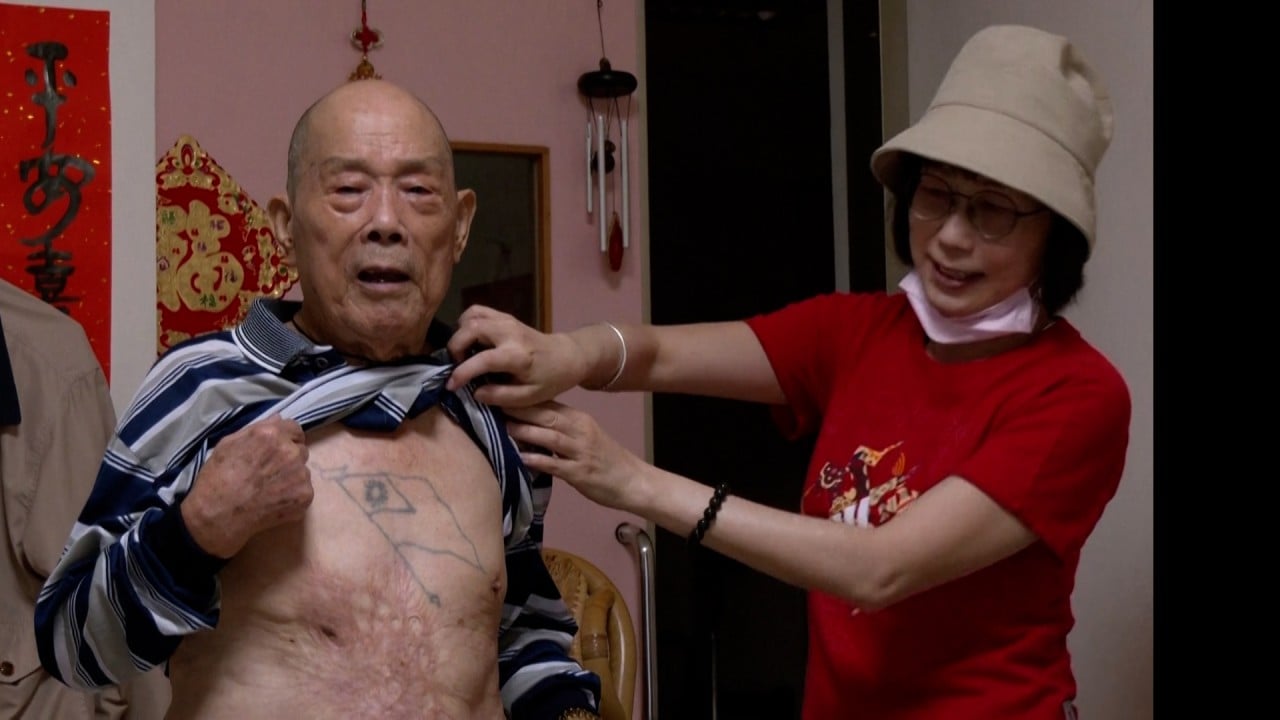Despite the loss, he said he remained optimistic about the TPP’s future and Ko’s chances for another presidential run in 2028. After winning a total of eight seats in the Legislative Yuan, neither the DPP nor the Kuomintang (KMT) secured a majority, giving the TPP the balance of power – and a new sense of purpose.
Those eight election wins gave the TPP leverage in what will be a divisive legislative session. Key decisions on issues like defence spending, weapons purchases, and other policies that will steer relations with Beijing will require both the DPP and KMT to fight for TPP votes.
“If the DPP or KMT are always in the majority, I think this country would never change,” Weng said.
The first major political drama is already unfolding.
Taiwan’s president-elect faces new era with legislature in the balance
Taiwan’s president-elect faces new era with legislature in the balance
The new legislature will begin its first session on February 1, when lawmakers must elect a new speaker.
But Han had also indicated he was willing to accept a TPP candidate as deputy speaker – most likely Huang Shan-shan, who topped the TPP’s legislator-at-large ticket – to form an opposition coalition.
The DPP, meanwhile, said it planned to renominate the current house speaker You Si-kun. You has said that in multiparty democracies, any combination was possible, adding that it was normal for smaller parties to assume responsibility for the administration of the legislature.
“[Ko] will continue to play that central role in his party. A lot of people have noticed it is a one-person party really, so he has to stay politically relevant. Otherwise, like other small parties, it will fade out,” said Chen Yu-Jie, an assistant professor of law at Taiwan’s Academia Sinica.
Ko founded the TPP in 2019. Positioned as neither “pan-green” like the DPP, nor “pan-blue” like the KMT, the TPP offers a third choice that has adopted the colour white.
During his presidential campaign, the former Taipei mayor focused mainly on domestic issues like housing prices and wages. He promised greater government transparency and democratic participation, and criticised policy positions of both the KMT and the DPP, which some voters felt were “both rubbish”, according to Weng.
The party’s success in the election – and Ko’s more than 26 per cent share of the vote – signalled a shift in the electorate especially among young voters who care as much about social equality issues as they do about the threat of war with mainland China.
In Taiwan election wake, PLA resumes regular military activities near island
In Taiwan election wake, PLA resumes regular military activities near island
The TPP’s platform attracted a diverse pool of voters, including William Hsieh, a 20-year-old student at National Taipei University of Technology. Hsieh said he did not like the KMT and usually leaned towards the DPP. But after eight years of DPP rule, he felt it was important to give another party a chance in the legislature in what he said was a healthy change for Taiwan’s democracy.
“Tsai Ing-wen’s diplomacy was very good. But in terms of the implementation of other policies, including the epidemic situation, these are more or less the things that people are not satisfied with,” Hsieh said.
“If there are different voices in the legislature, I think this is more in line with democracy. There may be two major factions but the remaining minor parties will determine policy direction.”
But with its growing representation in the legislature, the TPP now risks being regarded as part of the political establishment, according to Chen.
She said that unlike other “third force” parties, which were often seen as extensions of the KMT and DPP, the TPP represented something truly different, and to stay in power, it would have to clearly define and follow those core values.
But Ko and his party’s policy positions were broad and inconsistent, analysts said.
Early in his political career, Ko was considered “deep green”, but he later shifted to blue, and has since drawn many supporters from the blue camp.
Taiwan’s president-elect faces new era with legislature in the balance
Taiwan’s president-elect faces new era with legislature in the balance
Ko stood in solidarity with the students who had protested against what they described as a “black box” agreement. But he recently claimed that it was a lack of transparency – not the deal itself – that protesters had been upset with.
One of the movement’s leaders, Huang Kuo-chang, is now a TPP legislator-at-large. Just before the presidential election, Ko rejected Beijing’s proposed “one country, two systems” framework for Taiwan and said that as president, he would follow President Tsai Ing-wen’s diplomatic line.
Ogasawara said rather than going into a formal coalition with either party, the TPP was more likely to act on an issue-by-issue basis.
“On the one hand, [Ko] endorsed Tsai’s eight years of diplomacy, but at the same time he criticised Tsai Ing-wen as relying too much on the US, and said that some US arms sales to Taiwan might not necessarily be for defence,” he said.
“So he can move to either side. He still keeps his free hand.”








